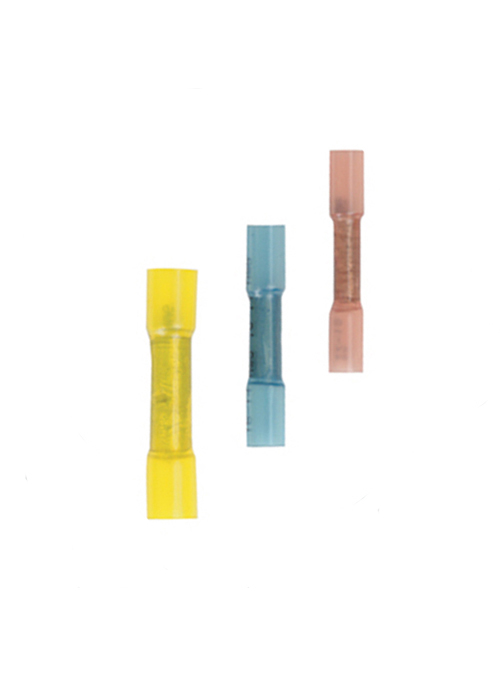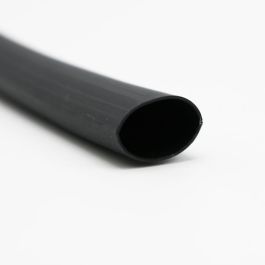nola mike
Vice Admiral
- Joined
- Apr 22, 2009
- Messages
- 5,786
End of the season storm last year hit my boat lift. All connections are enclosed, and nothing was submerged, but I guess that salt spray is pretty pervasive. Many connections corroded/broke. I'd like to make them more water resistant. They were shrink wrapped and liquid taped. I'm thinking I just need to completely isolate the connections. A giant glob of grease on everything would probably be fairly effective but not that elegant. Same with slathering everything with some kind of caulk. Better ideas? This article I found was pretty good; looks like maybe the CRC HD would be suitable for this application.





















